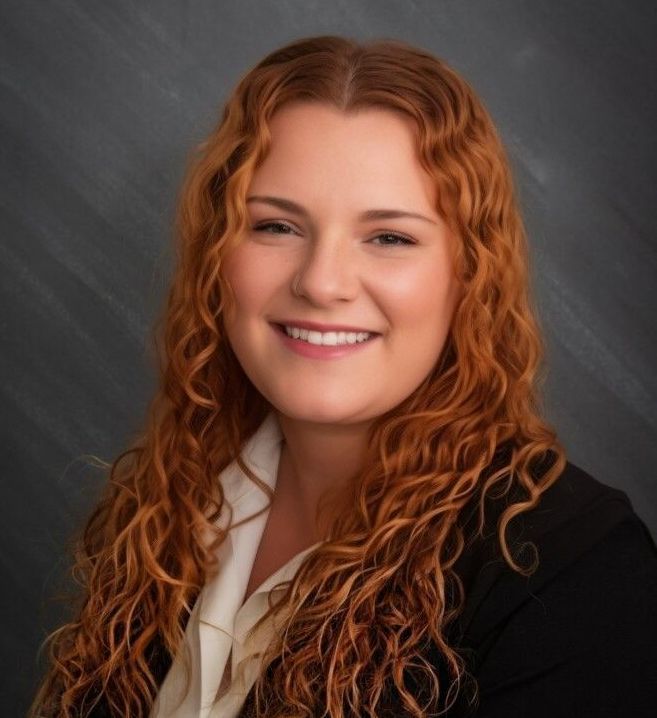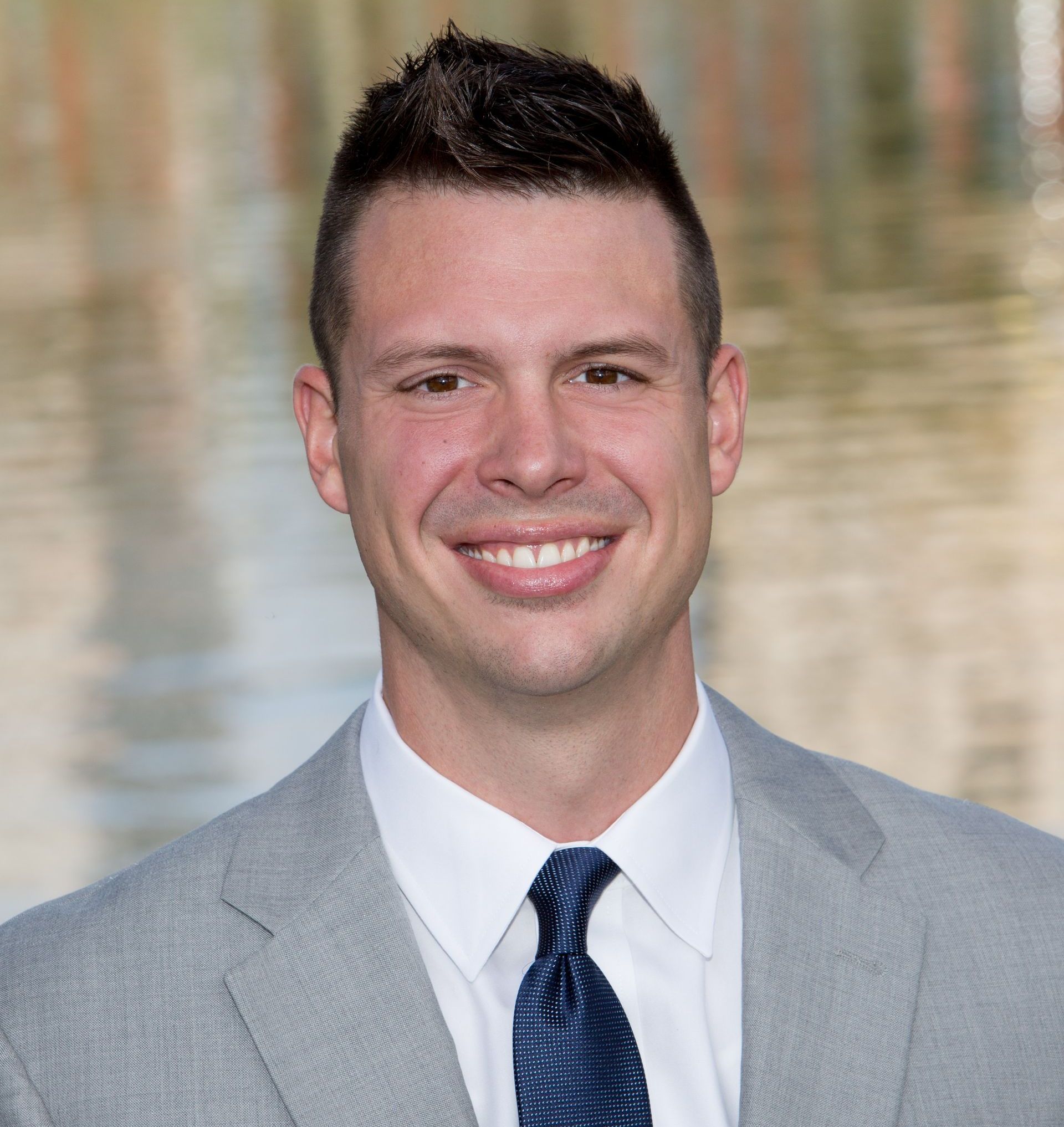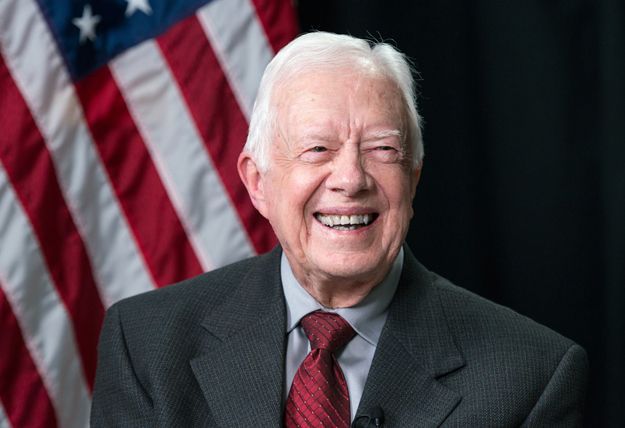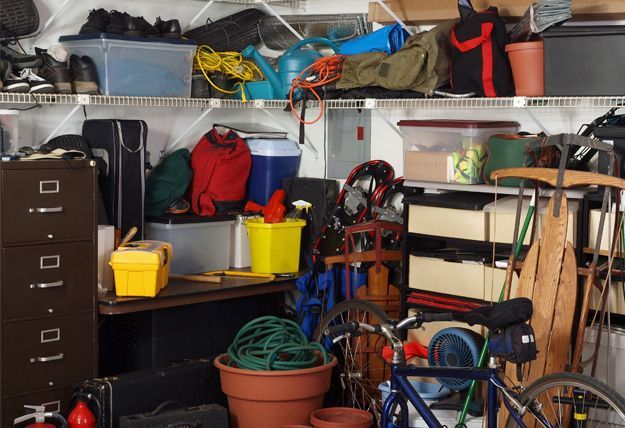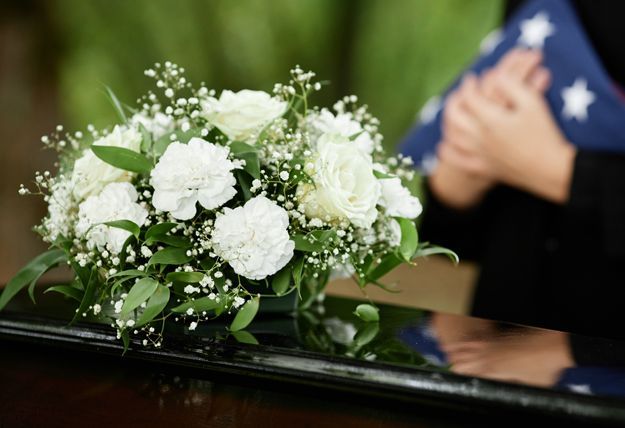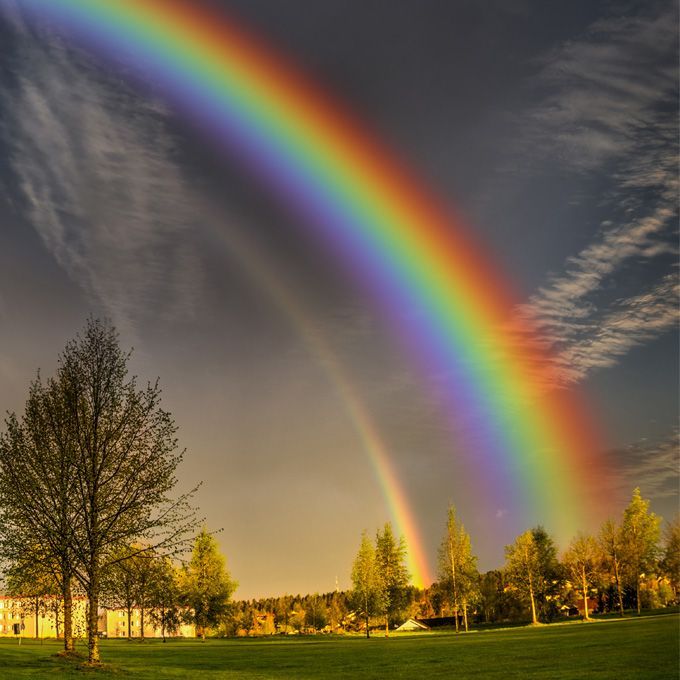End-of-life Doulas Provide Support To The Dying & Their Family
End-of-life (EOL) doulas are holistic, non-medical care providers to people facing the end of life and their families. Different from hospice care, EOL doulas provide practical support which may include planning, organizing paperwork, helping families to make decisions, spending time with the dying, as well as emotional care.
The word doula comes from the Greek word meaning "a woman who serves." Originally, a doula served a woman through all the different phases of life, from birth through death. However, in more recent times, doulas are mainly associated with assisting women who are giving birth. We are now seeing a growth in using doulas to help us deal with death.
The concept is not completely new. Hospices have long had “vigil volunteers” who sit by the bedsides of the dying. For people who work in hospice care, the growing popularity of EOL doulas is welcomed, since it is changing the culture around an experience everybody will have.
Nancy English, an assistant professor who teaches palliative care at the University of Colorado, says, “We need to look at death as important as birth; it’s a transition from one state to another. We know it’s a major transition, even if we don’t know what’s next.”
Currently, there are no federal or state licensing boards, but several organizations offer accreditation and certification for EOL doulas. Those who run the training programs say they have certified many people who have experience dealing with death, like chaplains, social workers and nurses. Neither private insurance nor Medicaid covers the cost of doulas, like they do for end-of-life hospice care.
It’s important to ask questions before hiring an EOL doula. Ask prospective doulas how they were trained; how well informed they are about end-of-life documents; and any limits on support in terms of time, activities and tasks.
Most professionals who are familiar with end of life challenges agree that the use of EOL doulas is growing because an aging population is grappling with how to gain some control over this uncontrollable stage of life. In the past, without the intervention of modern medicine, people died more quickly. Today we are living longer, sometimes with debilitating illnesses that change the process of dying. Generally, our culture has not taught people how to prepare for death.
Frank Ostaseski, who helps train EOL doulas explained, “We walk right in and start blabbing away with our nervousness.” Instead, he said, “Pause at the threshold before walking in. Talk less. Listen more. It’s not your opportunity to have some deep psychological experience. Maybe all they want is someone to do their laundry,” he said. “It’s their dying, not yours.”
The goal of all EOL doulas is to make sure that their patients are cared for, comfortable, loved and appreciated in their last days because it’s their most vulnerable point in life. Ashley Scott, an EOL doula in Colorado, said, “A life lost is a life lost and we need to honor that, and during COVID we didn’t get to. We didn’t get to honor the dying process. It literally just happened, and I guess that’s what really drew me into being a doula. We get to honor the process.”
If you would like to learn more, there are several online resources to provide more information and directories of EOL doulas in your area including:
National End of Life Doula Alliance (NEDA) - https://www.nedalliance.org/
International End of Life Doula Association - https://www.inelda.org/find-doula/




